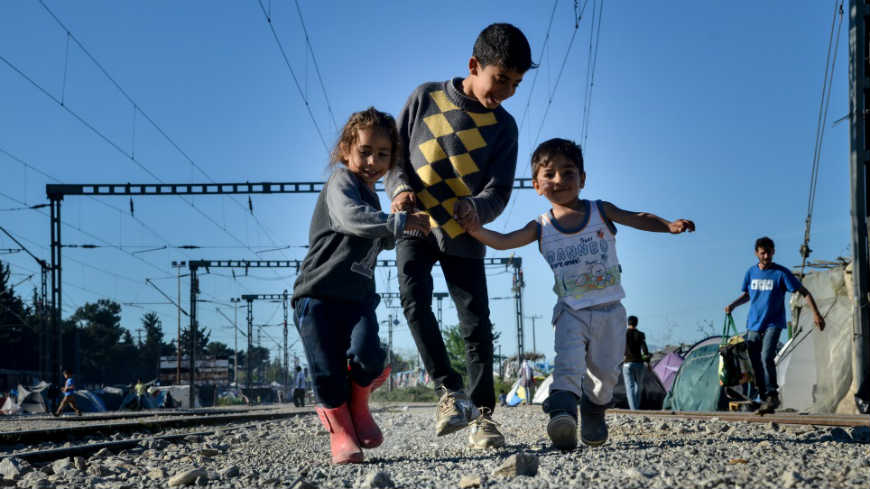In December 2018, the Steering Committee for Human Rights (CDDH) published the “Legal and practical aspects of effective alternatives to detention in the context of migration”. The Analysis aims, inter alia, at: enhancing the understanding of the legal and practical aspects of alternatives to detention in the context of migration; giving a coherent and precise overview of the applicable international human rights standards in the field, highlighting critical themes as well as clarifying both the similarities and the differences between varied bodies of the Council of Europe, the United Nations and the European Union; elucidating considerations in relation to vulnerability, such as in the case of children and other persons in a vulnerable situation; identifying essential elements that render alternatives to immigration detention effective in terms of compliance to migration procedures, respect for human rights and cost efficiency; providing a non-exhaustive and indicative list of different types of possible alternatives to detention in the context of migration, explaining their central features as well as potential benefits and drawbacks and reflecting on the ways in which the Council of Europe could engage in further follow-up work that is of practical value to member States in the field.
On 15 November 2018, in Podgorica, Montenegro, the Council of Europe held a one-day conference focusing on alternatives to immigration detention for children and their families in co-operation with the Ombudsperson of Montenegro and NGO CEDEM. During the conference, ways by which to effectively protect children on the move were shared, as well as how to forge alternatives to detention in the context of transit. Practices from the wider region were discussed, and specific needs for further support in the overall region were identified. The conference drew together a wide variety of stakeholders including government officials as well as representatives of international institutions and civil society. The event will be followed up by a wider regional consultation on migration and asylum, immigration detention and alternatives to detention.



